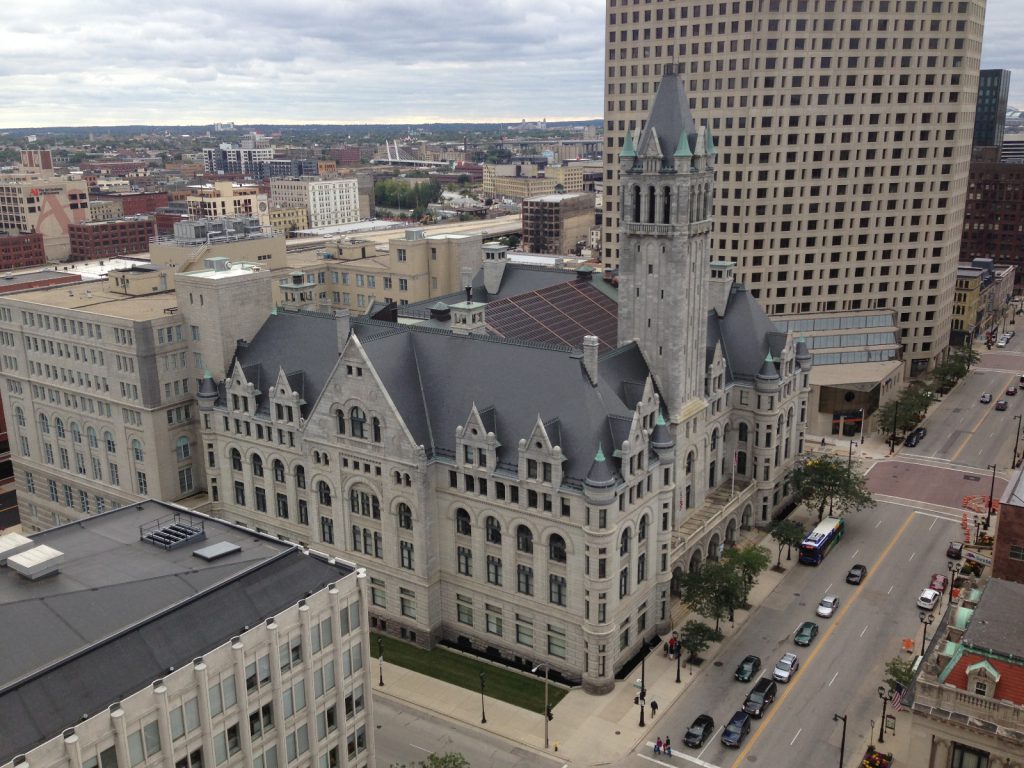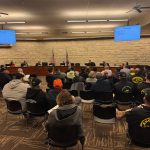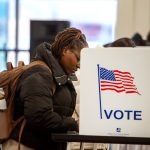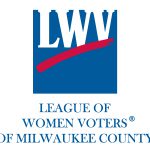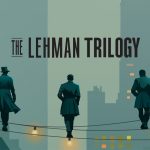Federal Trial Hears Charge of ‘Unlawful’ Arrest in 2016 by Milwaukee Police
Lawsuit charges ACLU legal observer and (then) state Rep. Brostoff wrongfully arrested.
A jury of eight began hearing arguments and evidence in a federal trial on Monday, stemming from a lawsuit brought by the American Civil Liberties Union (ACLU) of Wisconsin against the Milwaukee Police Department (MPD). In 2016, officers arrested Jarrett English while he was working as an ACLU legal observer, filming police interactions with residents of Milwaukee’s Sherman Park neighborhood.
Less than two weeks before, the area was the site of protests and unrest triggered by the killing of 23-year-old Sylville Smith by a Milwaukee officer. Smith was killed by officer Dominique Heaggan-Brown after a foot pursuit, during which Heaggan-Brown said Smith was wielding a handgun. Body camera video showed Heaggan-Brown shoot Smith in the back as he attempted to jump a gate.
From Aug. 13 when Smith was killed to Aug. 15, local residents gathered to protest the shooting and to mourn Smith. The shooting also triggered unrest and riots resulting in over $5 million in property destruction. In the aftermath, Heaggan-Brown was arrested for unrelated sexual crimes while also under investigation for Smith’s killing. He was acquitted of first-degree reckless homicide charges stemming from Smith’s death in December 2016. In 2020, Heaggan-Brown was released from prison for the sexual crimes and placed on the sex offenders registry. That same year, the city of Milwaukee agreed in principle to pay Smith’s family $4 million in a settlement.
Attorneys for the city and the police emphasized the chaos during period immediately following Smith’s death in their opening arguments. “There are times when the greater good takes precedent,” one attorney said, adding that police reactions to residents were based on “chaos that not all, but an unfortunate few, were creating on a daily basis.”
English was not arrested during the unrest and riots. His arrest came 17 days later on Aug. 30, near a memorial site that had been erected by residents to honor Smith. “Don’t be distracted by what happened 17 days before,” said attorney Larry Dupuis, legal director for the ACLU of Wisconsin, who also helped represent plaintiffs in the lawsuit.
English was in the Sherman Park neighborhood, where his mother lives, when he heard that police were blocking off the memorial site and threatening to take it down. Milwaukee Ald. Jonathan Brostoff, who at the time served as a state representative, was already on-site when English arrived. Brostoff took the stand on Monday, although he is not a plaintiff in the lawsuit.
He testified that when he arrived at the area around the memorial site there was no unrest occurring. He did encounter some local residents, who expressed discontent at actions the police had apparently taken to clear and cordon-off the area. Brostoff said that in those days, it wasn’t uncommon for elected officials to walk the community and attempt to de-escalate tensions with the police. Brostoff also testified that vigils and memorials are not an uncommon thing in Milwaukee.
While some residents Brostoff spoke to shared complaints about the police, others pointed to the noise, disruption, and tension of the past 17 days as their main concern. On Aug. 30 Brostoff said he was unable to approach the memorial site or Sherman Park itself due to the police presence. As Brostoff was talking to residents, English arrived. At the time, he was serving as both a legal observer and an employee of the ACLU of Wisconsin. Body camera footage played on Monday showed officers arriving in a van and telling the group to leave the area or be arrested. Brostoff, however, was also told to put his hands on the car near where he was standing, which he testified were contradictory orders.
English was across the street from Brostoff, and was arrested by officers after being told to leave. Hearing English, a friend of Brostoff’s since college, call out for help, Brostoff began filming the arrest with his phone. Brostoff recalled saying something to the effect of, “I’m not leaving without Jarrett.” At that point Brostoff was also detained, and both were placed in the back of the van. MPD supervisors eventually arrived and released Brostoff, after noting “we got a state rep.” English, however, was detained for a longer period of time.
When he took the stand, English described the encounter as terrifying. “I was scared,” he said, “I had three people in tactical gear coming at me.” City attorneys questioning English stressed that officers were dressed that way because of the unrest, and reports of injuries to police, that had come in the days prior. During the arrest, officers disregarded English as he repeatedly announced that he was a legal observer. English was not wearing a blue vest which ACLU legal observers use to identify themselves He testified that legal observers aren’t required to wear the vests, which are intended for other legal observers to identify their colleagues in a crowd.
English said once officers arrested him, “I didn’t know what was going to happen after that.” He added, “I knew my rights but it clearly didn’t change anything.” Some time after the arrest, English testified that he was visited by the police chief at the time, Ed Flynn. The chief, who retired in 2018, visited English to apologize for what happened.
“We had officers who made an unlawful arrest,” English recalled Flynn saying. City attorneys objected to this testimony, leading to a brief sidebar with the judge, who overruled the objection. “I know he said that I’m sorry that there were unlawful arrests, that your arrest was unlawful,” English testified.
City attorneys countered that the conversation was over six years ago, and that memory fades. Attorneys defending the city and its officers also attacked English’s character, describing him as someone hired by the ACLU to bring lawsuits against MPD and suggesting he was not really there for the community. Where Brostoff and English saw mourning and a gathering of traumatized neighbors, city attorneys saw gambling, open cannabis smoking, alcohol consumption and property destruction. In these situations, city attorneys argued, police were “standing back.” They praised MPD’s militarized posture during those days as having a calming effect on the community.
Testimony from English continued into Tuesday, followed by several MPD officers involved in his arrest. The ACLU is arguing that the arrest violated English’s rights to freedom of assembly and expression. Last August, a federal judge rejected a motion by MPD to dismiss the case, which led to the jury trial.
Federal trial begins involving charge of ‘unlawful’ arrest by Milwaukee police was originally published by the Wisconsin Examiner.


